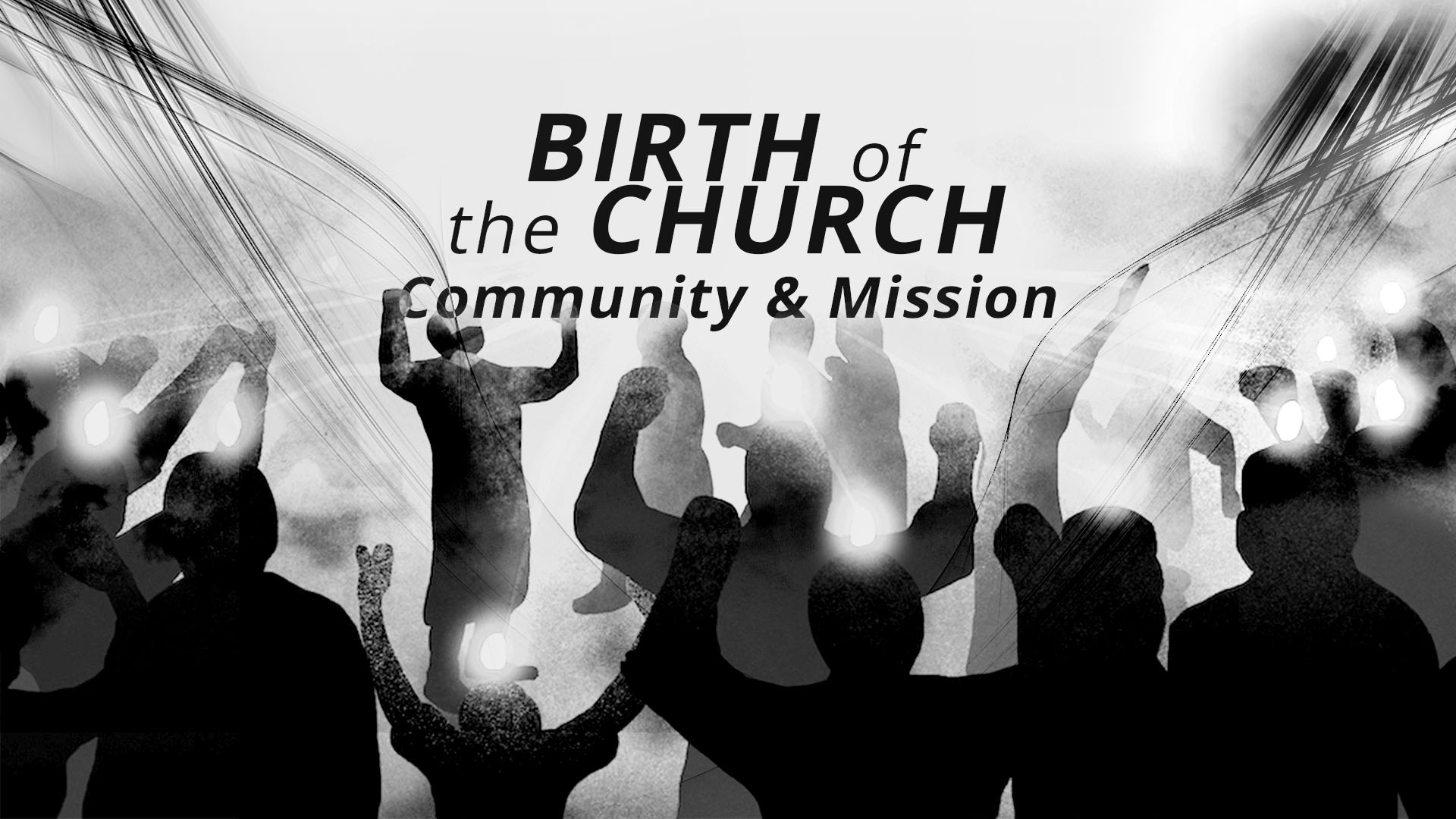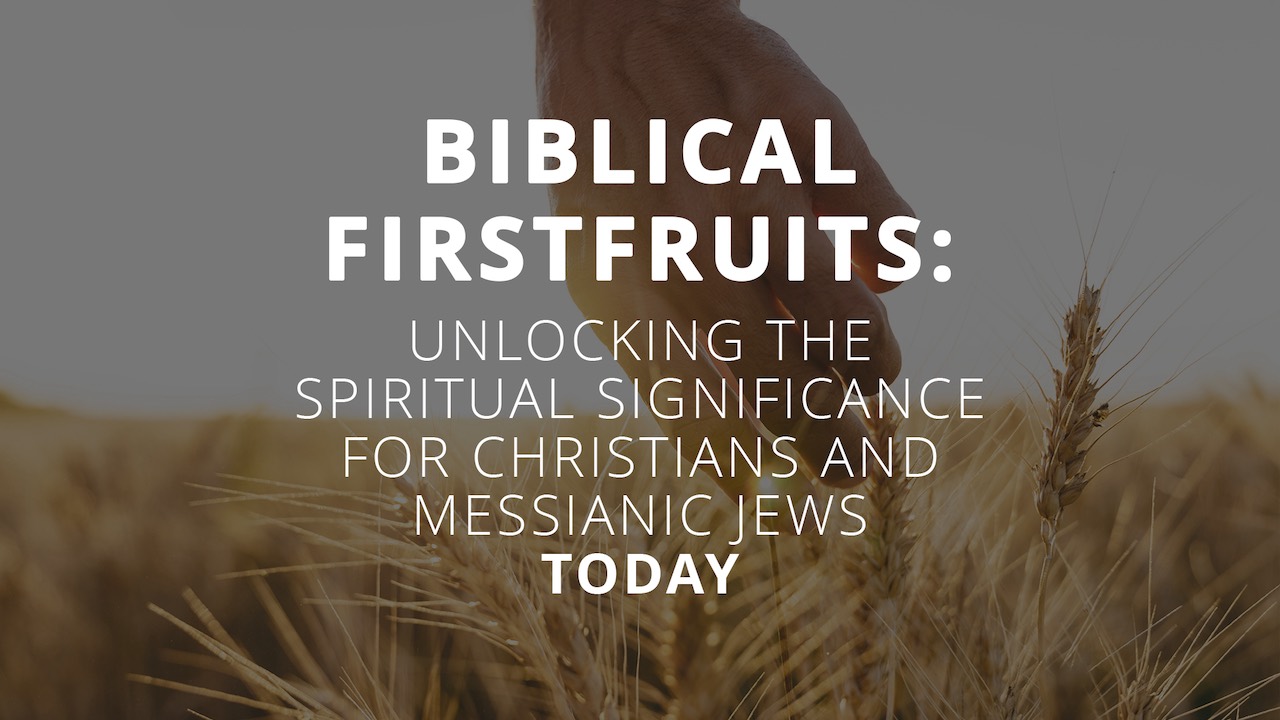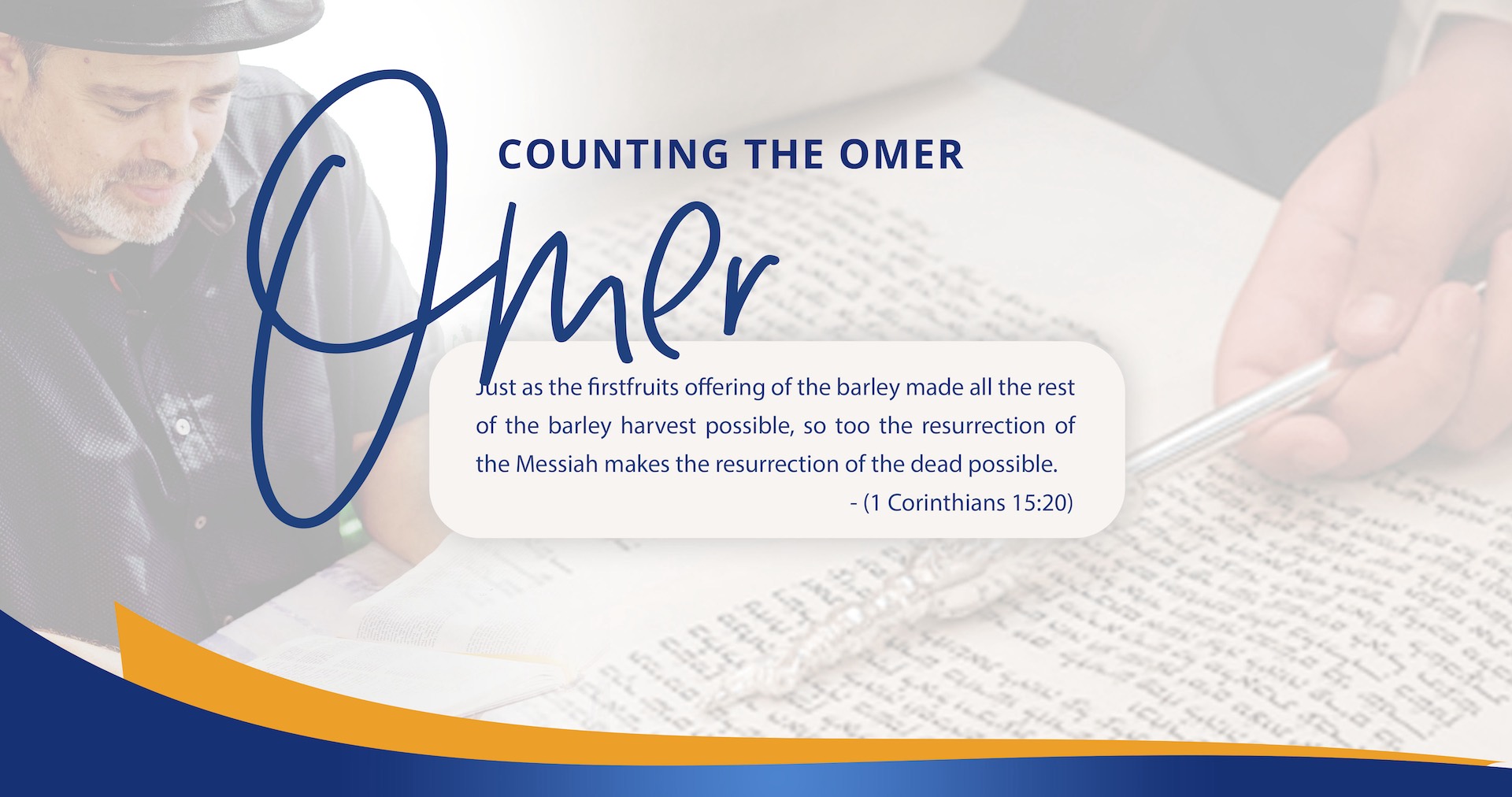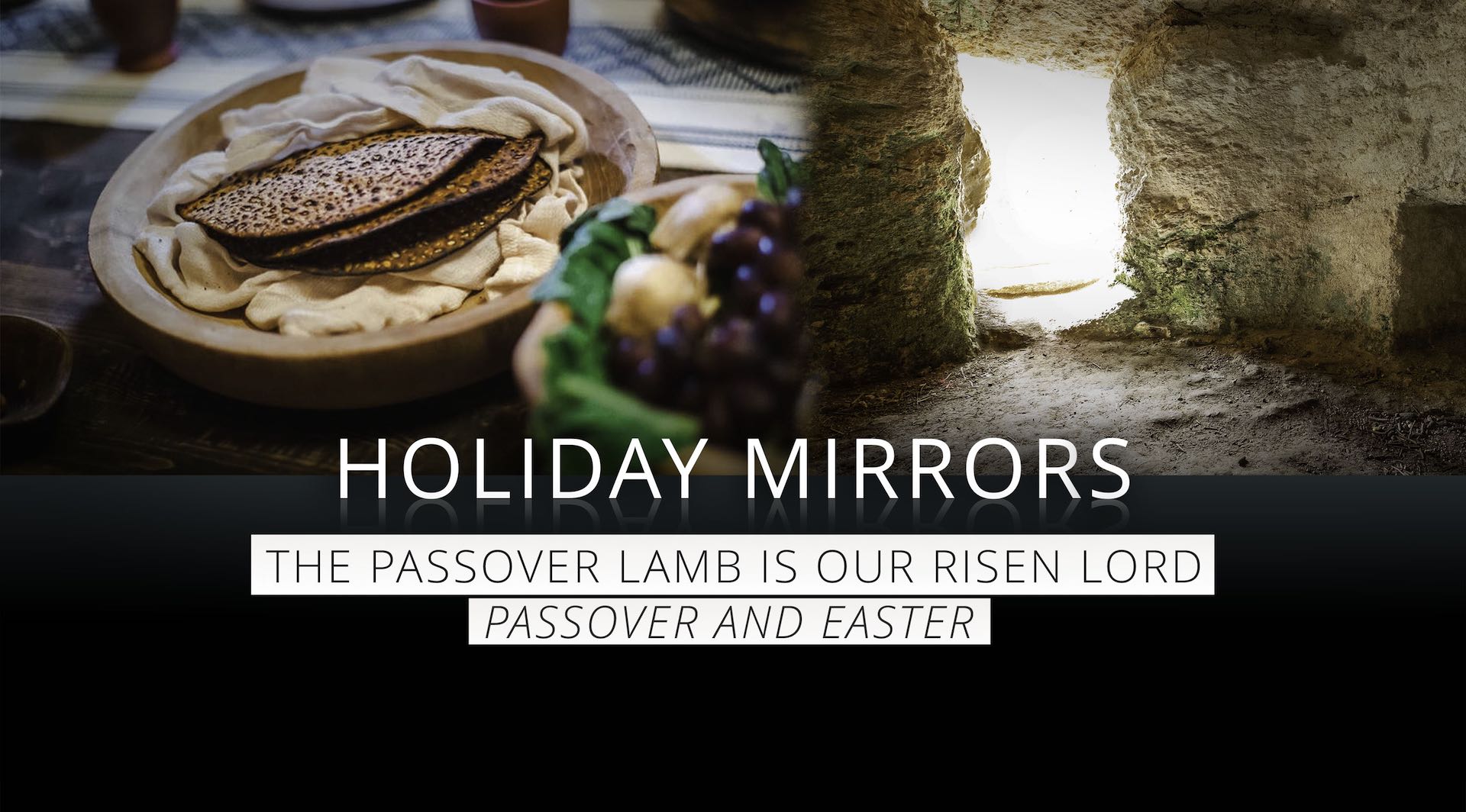
Appearing more than 400 times in the Hebrew Bible, Adonai is one of the most prolific names of God. Yeshua’s life was the extension of God’s Kingdom into this world. He now continues that through our life together as His Body. As Scripture stated, we are presently seated with Him in heavenly places, with access to all that authority through Him. We are able then to not just meditate on this reality but to bring His power into this world actively. When the world around us seems to shatter, let’s actively lift this broken world to Adonai in hope!

The Day of Pentecost in Acts 2 as the “birth of the Church.” This language ostensibly implies the start of something new. However, we should be cautious of such terminology lest we fall into the trap of “replacement theology.” The Pentecost event in Acts was not a replacement of Israel but rather the renewal of covenantal relationship and purpose with a radical expansion.

A Fire that Will Not Die “You will receive power… and you will be my witnesses…Acts 1:4,5,8 – The Resurrected Lord spent forty days with His disciples, preparing them to set the world on fire and carry out the Great Commission. However, He did not immediately send them out. Instead, He told them that they needed to wait and pray. While they knew the Father and spent years getting to know Yeshua, they would now need to receive and get to know the Ruach (the Hebrew word for “Spirit”).

Shavuot / The Sinai event was several things wrapped in one; perhaps most significantly, the “Word became flesh and dwelt among us”. In recounting the giving of the Law at Pentecost, Moses said, “Adonai came from Sinai and dawned on Bnei-Yisrael from Seir. He shone forth from Mount Paran, and He came from the holy myriads— blazing fire for them from His right hand.” (Deuteronomy 33:2). Shavuot (the Feast of Weeks), also known as Pentecost, is the traditional Jewish celebration of the reception of the Torah. It occurs seven weeks or fifty days after the feast of Passover, hence its name (the Greek word Πεντηκοστή – Pentēkostē, meaning “fiftieth”)

Firstfruits in the Bible holds significant spiritual and symbolic meaning for Followers of Yeshua – Jesus. The concept of firstfruits refers to the practice of dedicating the first and best portion of one’s harvest or income to God as an act of worship and gratitude. It is a way of acknowledging that all blessings come from God and expressing trust and reliance on His provision.

Starting from the second night of Passover, the Bible encourages us to all become “Pentecostals” by initiating a forty-nine-day minor festival culminating on the Day of Pentecost—“Pentecost,” meaning “fifty.” The first fruits festival, known as “The Counting of the Omer” or simply “The Omer,” marks a culmination of three unique historical events and has enormous significance in the life of a disciple of Yeshua – Jesus.

We see Passover’s “core purpose” in Exodus 13:8, “You are to tell your son on that day saying, ‘It is because of what Adonai did for me when I came out of Egypt.'” In a previous “Holiday Mirrors” article, we briefly discussed how communal storytelling finds its zenith in Passover. We can say the same regarding the traditional liturgies of Easter (and the lead-up to it).

El Shaddai appears in the Bible seven times, or as just Shaddai an additional forty-one times. English translators typically (and conveniently) render El Shaddai as “God Almighty.” Its meaning is murkier and will require some verbal archaeology to uncover. Moreover, it is one of the few biblical names of God that is virtually absent from the Jewish liturgy, only finding its place when we read Psalm 91:1 in the evening service, “He who dwells in the shelter of Elyon, will abide in the shadow of Shaddai.”

In Jewish thought, depression is seen to be one of the most dangerous and destructive forces in our spiritual lives. It is a curse that cripples us. Depression can rob us of our ability to love and serve God and others. We are in the midst of the Purim season, which is supposed to be one of the happiest times on the Jewish calendar. It’s a time of great simcha (celebration). Joy is to abound during this holiday and the entire Hebrew month of Adar. Esther 9:22 refers to this time as “the month which was transformed from sorrow to joy.”

We should also keep in mind that the half-shekel tax funded the operation of the Tabernacle/Temple. As to the value of each individual—existentially and liturgically (i.e., pertaining to the significance of their worship)—each Israelite was equal. There were no spiritual giants or supermen whose worship and prayer were more valuable. Neither were there spiritual infants whose spiritual service was worth less.










